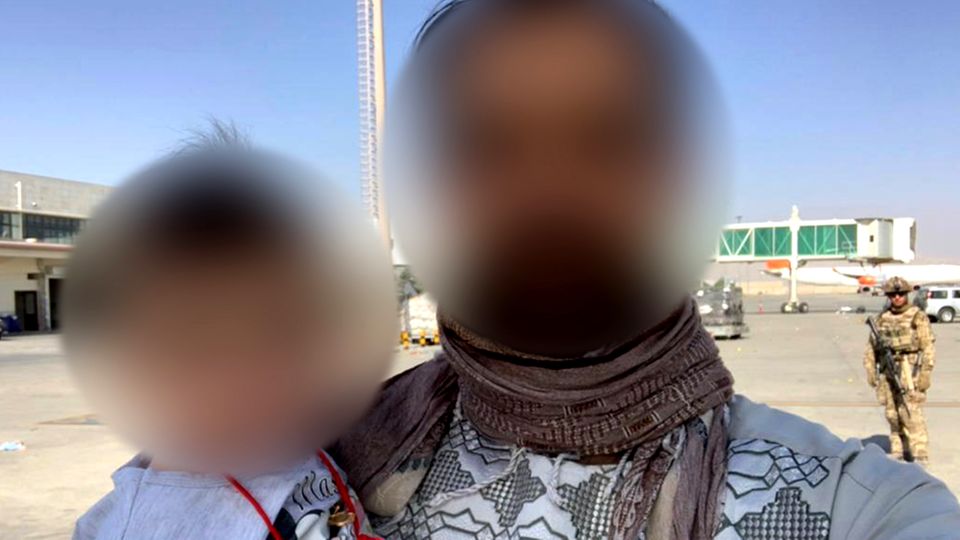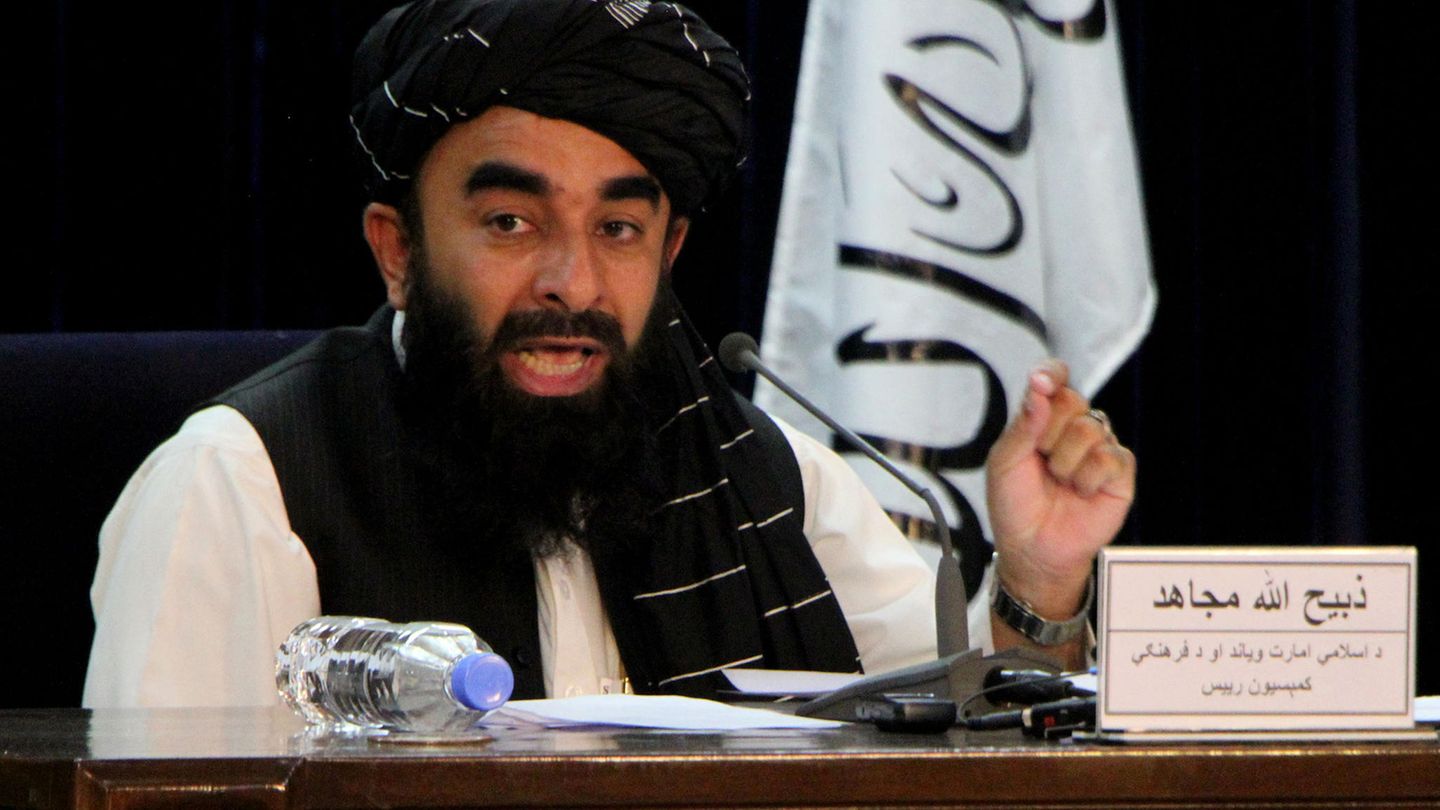Answer questions
The first 33 personal details of a transitional government for Afghanistan are now known – and many of the named were in power 20 years ago. Is history now repeating itself with this cabinet?
In Afghanistan, the militant Islamist Taliban presented a transitional government around three weeks after they took power by force. They surprised with the little-known mullah Mohammed Hassan Achund as head of government.
The Mullah Abdul Ghani Baradar, suspected by many observers for this office, who was the face of the Taliban to the outside world and who had signed the agreement with the USA, among other things on a troop withdrawal for the Islamists, will be Achund’s deputy. A look at what awaits the country now.
How is the interim cabinet composed?
All 33 ministers and other officials now known are men. All but three belong to the Pashtun ethnic group – two are Tajiks, one is Uzbek. One looks in vain for members of the Hasara minority. All 33 also come from the ranks of the Taliban. Observers call it a “cabinet of winners”. The Islamists had originally stated that they wanted to form an “inclusive government”, that is, to include other politicians in the country in filling positions.
The Taliban had previously declared that no women would get high-ranking government posts. Many offices were held by those high-ranking Taliban members who already held similar positions during the Islamists’ first rule. Observers rated this as a sign that the conservative and religiously legitimized core of the group has largely remained unchanged.
Can other political forces still be brought into the government?
Theoretically yes. When asked about the cabinet’s lack of inclusiveness, Taliban spokesman Sabiullah Mujahid said it was a transitional cabinet. Not all posts have been filled either. However, since all key positions have now been given to Taliban members, it is to be feared that politicians from outside the Islamist group will be given maximum symbolic consideration and not receive any real influence. Recently, there have even been increasing signs that the Taliban will actually only appoint their own people to the government.
Will other countries recognize this government?
With the formation of a government, the pressure to decide whether to recognize a Taliban government increases. When the Islamists were in power from 1996 to 2001, only three countries recognized them: Pakistan, Saudi Arabia and the United Arab Emirates. Rapid diplomatic recognition has not yet been in sight and the cabinet now presented has made it even less likely, especially in Western countries.
So far, many countries have said that possible recognition depends, among other things, on whether all population groups find themselves in the government. The situation is different with China, for example. Some analysts expect Beijing to recognize the government in the coming weeks or months. There are fears that the Taliban will radicalize again as soon as they are legitimized.
What challenges will the government face?
The country is in a serious humanitarian and economic crisis. Food prices have risen massively recently, around a third of the population urgently needs food aid. The Afghan government’s assets abroad have been frozen since the Taliban came to power, and aid funds have been put on hold.
Even before the Islamists came to power, international support for the country was reduced. Almost 80 percent of government spending has so far been financed by donor countries. The drought and the corona pandemic are contributing to the difficult situation. The Taliban government will probably have to operate in permanent crisis mode if it wants to improve the situation of the people.
Will the Taliban rule like they did 20 years ago?
So far, the Islamists have presented themselves as more moderate in their public appearances and statements. They never tire of repeating their general amnesty, although there have been reports of the killings of former security forces. They publicly declare that free media are important to them, but arrested journalists for several hours at demonstrations in the country or beat them while they were doing their work. Women want to keep them working only to a limited extent. There are concerns that the group may once again base their rule in the country on repression and draconian punishments.

Outwardly, however, they seem to have become more open. You have repeatedly called on other countries to cooperate and started to attract direct investment.
David William is a talented author who has made a name for himself in the world of writing. He is a professional author who writes on a wide range of topics, from general interest to opinion news. David is currently working as a writer at 24 hours worlds where he brings his unique perspective and in-depth research to his articles, making them both informative and engaging.




